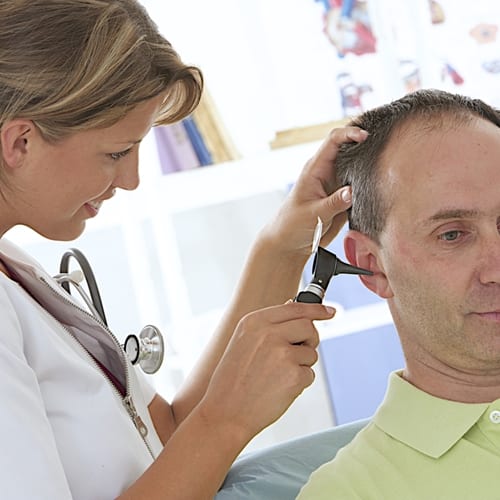Do the commercial divers in your employ know the right way to handle themselves when they are at work? This doesn't just include using equipment properly, but taking proper precaution: that is, taking the proper actions to prevent medical problems from developing. Commercial diving insurance professionals might need to know this to take into account what happens in the event of an accident.
A short article in Florida Sportsman recently examined what it called "ear equalization" techniques that divers can employ to help push off long-term physical damage. The piece suggests a few different maneuvers that scuba divers can perform, emphasizing that it's better to err on the side of caution with these procedures.
While these different approaches, which involve pinching the nose and moving the mouth, are recognized as being important, the author of the piece, Christopher Collins, also notes the importance of good equipment.
"A good mask (low volume) for deeper dives, a well-purposed set of fins, a weight belt, and a wet suit to match the water temperature, all help a diver feel more comfortable and "at home" in the water," he writes. "The more comfortable, the more naturally equalization will come."
In the 2012 edition of Diving Medicine for Scuba Divers, a third of fatalities were noted as being among divers with "considerable experience." This can help even experienced professionals put the situation into perspective, and feel more prepared when they embark upon their work underwater.
With the right commercial diving insurance policies, you can account for the skill level of the crew that you have on your payroll, as well as discover areas that you need to improve upon.

